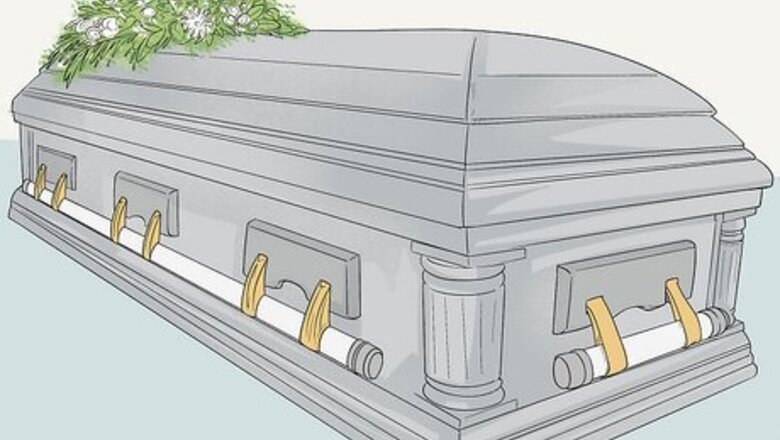
views
How long after death is a funeral?
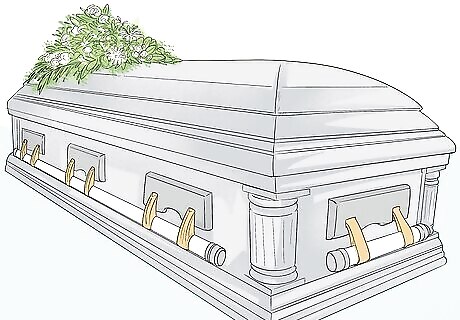
In America, funerals typically take place within a week of a death. Seven days gives a family and the funeral home ample time to make arrangements and put on a beautiful service. A 1-week time frame is ideal, especially for families hoping to have an open casket, as this ensures the body is still well preserved and looks like the deceased. At the end of the day, the funeral date is entirely up to the family and the chosen funeral home’s availability. Some families may prefer to wait longer, while others may want a service right away.
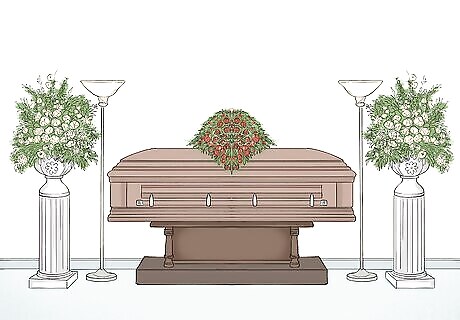
Some funerals can take up to 2 weeks or more to be held. In some cases, a family may choose to wait longer than a week to hold the funeral to get their affairs in order. This is usually the case for those cremated, as there isn’t a strict timeframe on when the service must be held. Typically, cremation services are done within a month of a death.
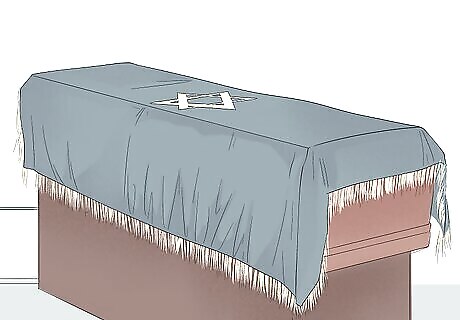
In Jewish and Islamic traditions, a funeral can occur within 24 hours. Jewish burials or funerals take place as soon as possible. The only time a burial is postponed is if immediate relatives cannot arrive quickly or there’s not enough time for a service before Shabbat (a weekly day of rest from Friday night to Saturday night) or a holiday. Similarly, Islamic funerals take place immediately after death. Because of this, there’s no viewing or visitation at the service. Cremation is prohibited in Islamic culture. Instead, the deceased is ritually washed and covered before burial. In Christianity, there are no strict rules about when a funeral must take place, with most happening a few days to a week after death.
Reasons to Delay a Funeral

Travel, weather, and the type of burial can delay a funeral. There are many reasons why a funeral service may be pushed back a few days or weeks. A family may decide to put a hold on the funeral due to family matters or uncontrollable circumstances. The most common reasons to delay a funeral include: Travel. A family may postpone a service to give family and friends time to arrive at the funeral location. This is very common in families that live out of state. Weather. Severe or extreme weather conditions (such as snow, rain, or wind) can postpone a funeral, especially if roadways are unsafe. Cremation. If the deceased is being cremated, a family may have to wait for the cremation to be done before holding a service. Criminal investigation. If the deceased was a subject of or part of a crime, police will likely postpone funeral services until the investigation is complete.
How long before a body must be buried?
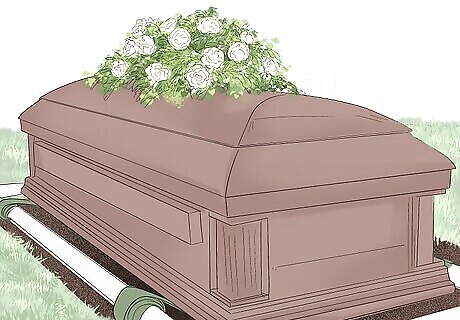
Typically, a body must be buried within 7 days. Today, it’s general practice to embalm the deceased to preserve their natural state and slow decomposition. Embalming is a preservation technique where the body is injected with chemicals (such as formaldehyde, methanol, sodium borate, sodium nitrate, and glycerin) to protect the tissues from decay. While embalming has come a long way since it was first practiced in 2600 BCE, the effects only last for a week. Any longer, and the deceased will begin to show signs of natural decomposition.
How long after death is cremation?

Cremation usually happens within 48 hours after death. If the deceased wished to be cremated, they’ll be transported to a crematory after their death. Sometimes, a visitation or service is held before the cremation, but this is typically done within the first 48 hours. Cremation is the process of reducing remains into their basic chemical compounds of gasses, ashes, and mineral fragments. There are 2 types of cremation: flame-based cremation and alkaline hydrolysis. Flame-based is the most common, involving flame and heat to reduce human remains. Alkaline hydrolysis uses water, chemicals, and heat to break down matter.
When are funerals held?

Funerals can be held on any day of the week. Most funeral homes are open 7 days a week, allowing a family many available time slots to hold their service. Typically, funerals are held on Saturdays and Sundays in America to accommodate the family's work and travel schedules. Most services take place in the morning or around midday. Services on Saturdays and Sundays often cost more than on weekdays, which may impact when families choose to hold funerals.












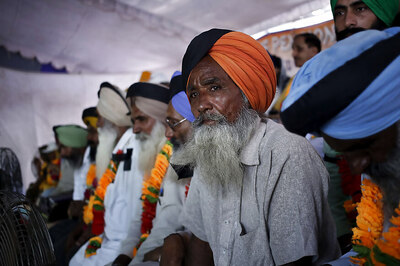







Comments
0 comment